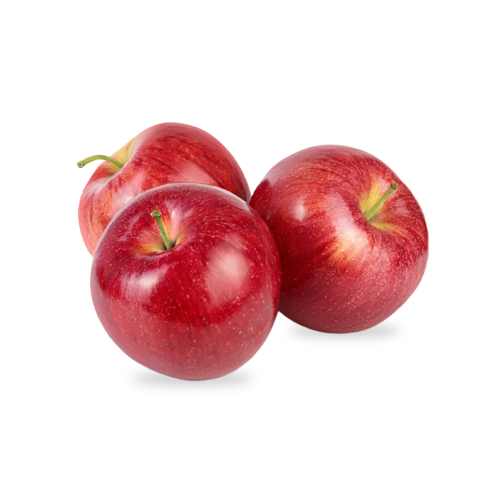
Apple tree
Apple tree (Malus domestica)
It is a deciduous, fruit-bearing tree of the Rosaceae family. Most of the world’s cultivation is of table and compost varieties. In Greece, apple cultivation is widespread in the colder regions, but systematic orchards are mainly found in Central and Western Macedonia, Thessaly and the Peloponnese. The apple tree thrives in conditions with a good deal of winter cold. In fact, it has been estimated that it has the greatest need for cold than any deciduous fruit tree. When harvested at the appropriate stage of ripeness, apples can be kept for several months in cold storage with the right humidity and temperature and in other controlled conditions. Rational nutrition is one of the most effective factors to increase the growth and productivity of these trees. However, rational fertilisation is a combination of a number of factors and interactions. The nutrition programme should aim at optimising inputs, increasing yield, quality, while protecting the environment, soil fertility and the sustainability of the crop. Apple trees are demanding in various nutrients but mainly they have high requirements for Nitrogen and Potassium. Nutrient deficiencies have also been observed in elements such as Calcium, Magnesium, Zinc, Boron, Iron and Manganese. In addition, the use of specific nutrient formulations – biostimulants – maximises the genetic potential of the apple crop, while ensuring that its resistance to abiotic stress is enhanced. Finally, post-harvest applications are also of interest for the storage of nutrients in the root system.




